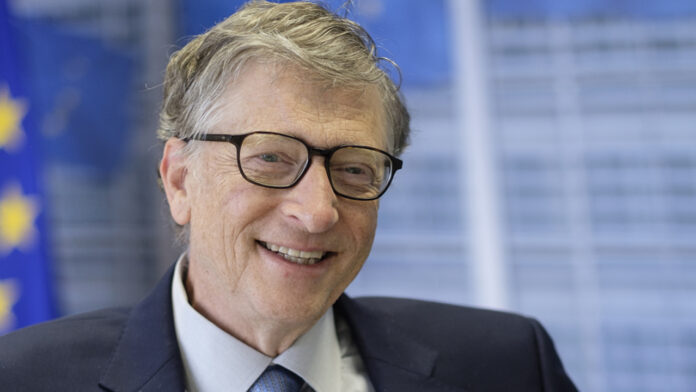A rather futuristic concept has piqued the interest of the current administration, as suggested by a recent White House report. The strategy, dubbed solar radiation modification (SRM), involves using technology to inhibit sunlight from reaching the Earth in an attempt to counteract global warming. A potential solution that seems to be straight out of a sci-fi novel, but is it feasible, or even desirable?
Tech magnate Bill Gates has previously expressed support for such a climate change countermeasure, endorsing the deployment of atmospheric particles to deflect sunlight. George Soros, too, has backed a project that uses solar geoengineering to reflect more sunlight back into space.
While the White House report doesn’t fully commit to SRM, it does acknowledge the potential for significantly cooling the planet within a few years. The notion of using this technology gains traction as the concentration of greenhouse gases continues to rise in the atmosphere, raising concerns about exceeding global temperature targets.
However, the report also emphasizes the need for a “risk vs. risk” evaluation when considering SRM, relative to the threats posed by ongoing climate change trajectories without such interventions. Cultural, moral, and ethical considerations are also essential to form a complete context for policy-making related to SRM, it states.
While the White House confirms that no comprehensive research program focusing on solar radiation modification is currently underway, some see the report as a step forward. Shuchi Talati, the executive director of the Alliance for Just Deliberation on Solar Geoengineering, considers the existence of the report itself significant. Talati perceives the report as a signal that the U.S. government supports well-regulated research, potentially even outdoor experiments.
Yet, not everyone is enthusiastic about SRM, especially those who fear their homelands could be used as experimental fields. Chukwumerije Okereke, director of the Center for Climate Change and Development at Alex Ekwueme Federal University in Nigeria, warns against testing such concepts in Africa. Okereke criticizes SRM as being highly speculative and potentially disruptive for ecosystems, people, and global climate patterns.
Moreover, Okereke expresses concern that SRM might inadvertently intensify local and regional weather patterns, causing severe droughts, floods, or disruptions in monsoon cycles. With the long-term impact on regional climates and seasons still largely unknown, millions—perhaps billions—of people’s livelihoods could potentially be compromised.
The SRM proposal raises compelling questions about the direction of climate change policy and intervention. It’s a testament to the lengths we might have to go to counteract global warming, but it’s also a reminder of the importance of balancing technological solutions with potential risks.


